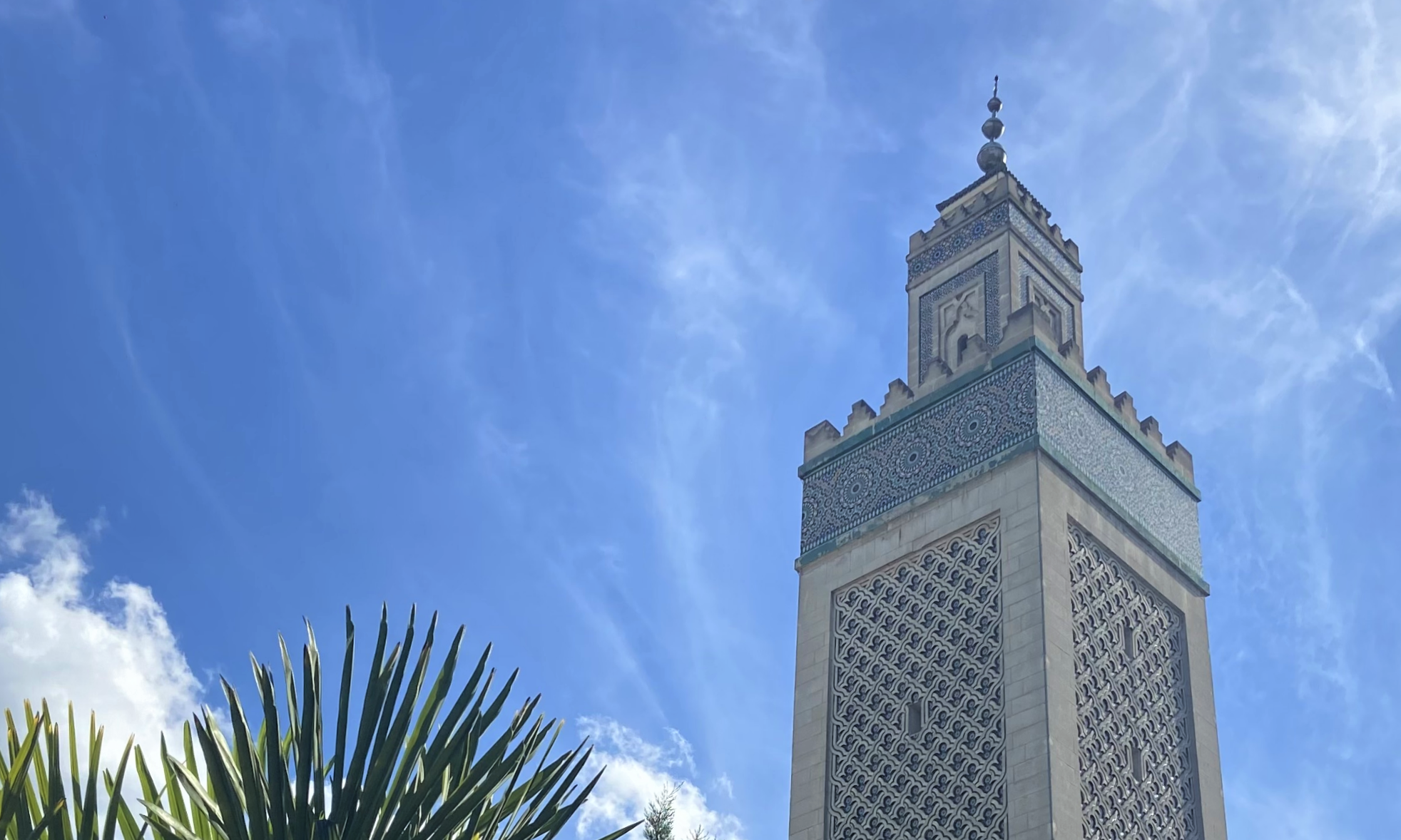By Zara Rawoof
In early February, Chems-Eddine Hafiz and five other Muslim leaders gathered in the Vatican to meet with Pope Francis. Hafiz, the rector of La Grande Mosquée in Paris, proposed an international meeting between Christians and Muslims to promote interfaith relations. But French Muslims remain wary of such efforts. While promoting the faith, Hafiz has been called out for using the meeting as a publicity stunt. Considering France’s longstanding treatment of Muslims, the goals of Islamic leaders have shifted to managing optics rather than authentically representing Islam.
France’s relationship with its Muslim population has always been contentious, from the government banning religious wear to the arrest of a Mosque’s president after expressing his opinions on what was happening in Palestine and Israel. The country has been on high guard following a slew of Islamist terrorist attacks more than a decade ago. The Collective for Countering Islamophobia in Europe reported that Islamophobic comments increased 43-fold in the days after the Israeli attacks on October 7th, 2023. Chems-Eddine Hafiz’s trip to the Vatican was also a tactic to better the image of Muslims in Europe.
Hafiz’s meeting with the Pope was a highly televised event. An interaction with one of the most respected religious leaders in the world guarantees a boost in traction for La Grande Mosquée. NYU Professor Renée Champion is cautious about the sincerity of an interfaith event like this. Champion notes that La Grande Mosquée will have a leg up within the EU Islamic world if they are the ones to create a Pope-endorsed event in Paris, “On a European level, it gives prestige to the rector,” she said.
Champion also notes the peculiarities of an alliance between Christians and Muslims at this time. In his proposal to Pope Francis, Hafiz comments on the “increasing stigmatization” of Muslims as well as the “progress and errors of Europe” that Mediterranean Muslims, amongst others, have faced recently. These euphemisms refer to the ongoing conflict in Palestine and Israel, but Hafiz has not pushed for an alliance between Muslims and Jews.The rector has made previous statements on his stance against the Jewish and Muslim community putting themselves against each other but drew criticism for not participating in the march against anti-semitism last November. “Viability means that you try to have efforts like [interfaith event], but also looking at him not demonstrating at the march against antisemitism,” Champion said.
Hafiz considers his coalition of European Mosques and leaders, AMMALE, to be an organization that combats negative stereotypes of Islam. Champion believes it would take more than support from one major religion to truly promote solidarity and integration, calling Hafiz’s efforts “very symbolic” rather than action inciting change.
Imam Khalid Latif, chaplain of the Islamic Center of New York University, understands how public relations can affect authentic representations of Islam. “Interfaith on a whole has a lot of capacity of being very tokenizing and superficial,” he says. Latif feels at an interfaith event, participants can be used by those in power by “checking off a box in a very tokenizing manner.”
Chems-Eddine Hafiz leverages social power by trying to connect with the Vatican. In New York City, Imam Latif is steadfast in ensuring that his efforts to better the Muslim community do not become exploitative. His focus is to create a space where anyone exploring Islam can feel comfortable and welcome. While Latif’s Friday prayers at the ICNYU have drawn in celebrities like singers Shawn Mendes and Rex Orange County, the imam’s goal is never to gain an optic advantage in his services. “When somebody comes and turns to our community, we want to be for them the way we would be for anybody else,” Latif says.
Imam Latif is also aware of the “colonization of the mind and psychological shackling” enforced on the Islamic world. The need to please the non-Western world is deeply rooted in history. “Muslims are now offering something back to societies without having to compromise their identity,” Latif said, “But because we’re the children of like colonization and slavery, that assimilation comes because of supremacist systems, and you seek validation from the systems that were built to hold you down in the first place.”
Within a historical context, Hafiz’s search for validation from the West is more understandable. The ICNYU garners traction inadvertently, but La Grande Mosquée has been criticized for how Chems-Eddine Hafiz represents the Muslim community for clout. Following a slew of Islamaphobic remarks made on social media, an 18-year-old woman named Mila was invited to tour the mosque by the rector. Hafiz seeks out opportunities to show Islam in a kinder light, even when it leaves him at odds with Muslims from his community.
The rector’s meeting with the Pope was a blaring strategic move. Hafiz represents French Muslims in a way that tokenizes the community. Khalid Latif feels that shaking the hands of public figures is not the way to promote Islamic culture.
“Within our tradition, we have a deep theology. A big part of the universal ethics is love and dignity,” Latif says, “We want to create spaces where people can feel the presence of God and also a sense of belonging, but that doesn’t have to be watered down.”
